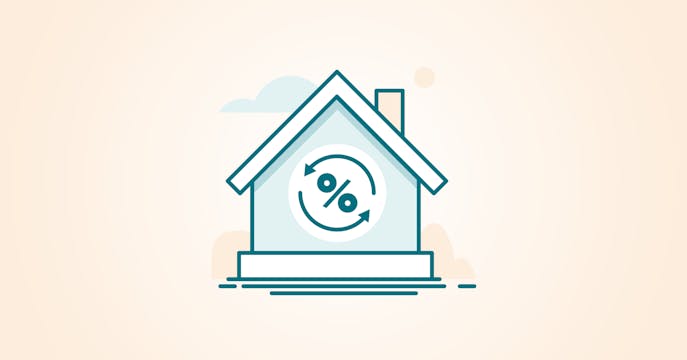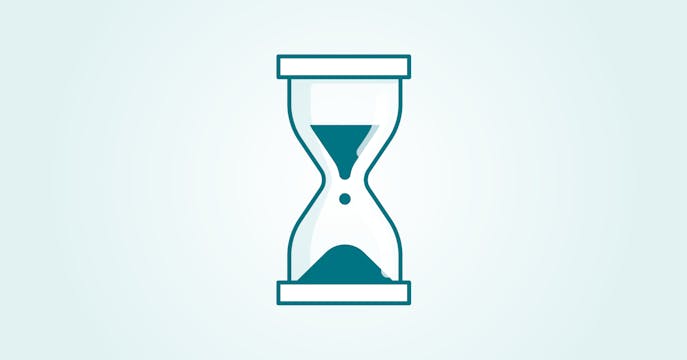How does a refinance work?
A mortgage refinance involves replacing your current mortgage with a new one, increasing your mortgage balance so that you can draw funds from home equity to use as needed.
You'll pay these funds back through one mortgage payment, typically with much lower interest costs than credit cards or personal loans. It can simplify your finances, rather than having to track all your other debt payments or possibly deal with ballooning interest charges.
The amount you can borrow against your home equity depends on how much you have built up (referred to as your LTV, or loan-to-value ratio of your home) and qualification details. The lower your LTV, the more funds a lender may allow you to access and add to your mortgage balance.
Once your refinance is approved, your mortgage broker or lawyer will advise when and how the lender will release the funds for your use.
What are the costs of a refinance?
Refinancing at renewal.
If you wait until your mortgage renewal period, you won't pay penalties to make major changes, such as a refinance.
Tool tip: Get a friendly reminder when it's your time to renew.
Breaking your mortgage to refinance.
You'll likely pay a pre-payment penalty, and fees may be incurred, depending on your contract terms and whether you have a variable or fixed rate mortgage. Some lenders may offer lower penalties or cover some fees, such as our in-house CMHC-approved THINK Financial.
A lender can often roll a portion of these costs into the new mortgage, and you may still come out ahead in savings depending on your situation.
Read more: How much will it cost to break your mortgage?
Does a refinance come with higher mortgage rates?
Refinance rates may be higher than typical renewal rates because you're borrowing more and reducing your home's LTV. However, using an expert, salaried mortgage broker can help you find the best rate for your situation.
What are the benefits of refinancing in the fall?
Refinancing in the fall can help you reset your goals and financial recovery before year-end, offering a sense of stability and confidence, and even relief:
- Save money on interest costs
- Have one payment instead of several
- Gain control over your debt and improve your credit standing
- You've put money into your home — accessing it can help you reach other goals
- Gain a down payment for a rental or vacation property
- Whittle down your bucket or wish list for a feeling of accomplishment




